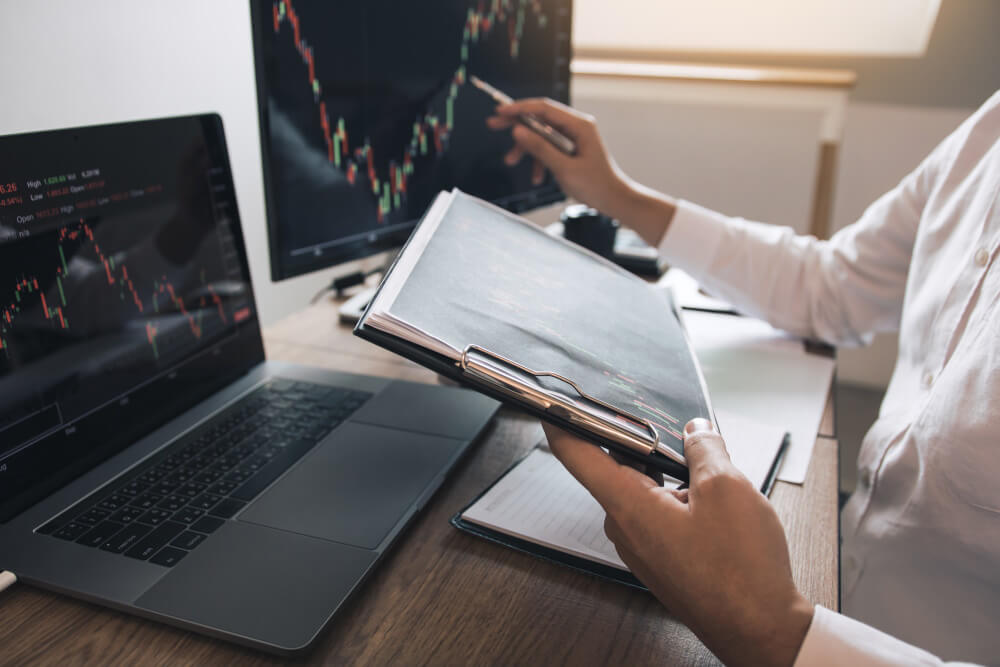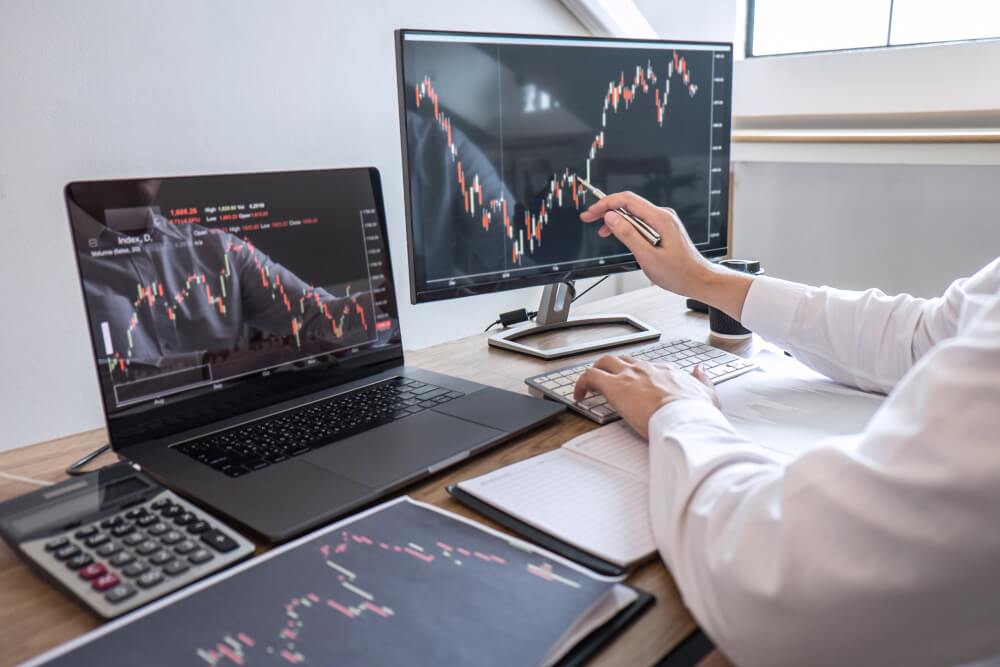Analyzing your Forex trades is more than just reviewing wins and losses—it’s about understanding why certain trades succeeded or failed and using that knowledge to improve. Professional traders take a structured approach to trade analysis, focusing on key metrics, psychological factors, and long-term patterns. This article breaks down how you can analyze your Forex trades like a pro.
1. Focus on Key Metrics
Professional traders rely on data to evaluate their performance.
Some of the most important metrics to track include:
- Win Rate: The percentage of trades that ended in profit.
- Risk-to-Reward Ratio: The average amount gained compared to the amount risked per trade.
- Drawdown: The largest percentage loss in your account over a period.
- Average Trade Duration: The time you held trades before closing them.
Why It Matters: These metrics provide a clear picture of your trading performance and highlight areas for improvement.
2. Review Each Trade in Detail
For each trade, analyze the following:
- Entry and Exit Points: Were they based on your strategy or driven by emotions?
- Market Conditions: What was the market doing at the time (e.g., trending, range-bound)?
- Execution: Did you follow your plan, or did you deviate from it?
- Outcome: Was the result due to skill or luck?
Pro Tip: Keep a journal where you log every trade along with detailed notes about what happened and why.
3. Evaluate Your Psychological State
Trading isn’t just about strategy—it’s also about mindset
Reflect on your emotions during each trade:
- Were you calm and focused or anxious and impulsive?
- Did you stick to your plan, or did fear or greed take over?
Why It Matters: Identifying emotional triggers helps you develop the discipline needed for consistent trading.

4. Look for Long-Term Patterns
Analyzing individual trades is important, but professionals also look for patterns over time.
Identify trends in your trading behavior, such as:
- Are you more successful during certain market conditions?
- Do you consistently lose on specific currency pairs?
- Are there times of day when you perform better?
Pro Tip: Use this information to adjust your strategy and focus on areas where you excel.
5. Refine Your Risk Management
Professional traders are meticulous about risk management.
Analyze whether you:
- Risked too much on individual trades.
- Set appropriate stop-loss levels.
- Maintained a favorable risk-to-reward ratio.
Why It Matters: Effective risk management minimizes losses and ensures long-term sustainability.
6. Take Action Based on Your Analysis
The ultimate goal of analyzing your trades is to take actionable steps toward improvement.
Based on your analysis:
- Refine your trading strategy.
- Set clear goals for improvement.
- Adjust your mindset to eliminate bad habits.
Pro Tip: Make trade analysis a regular habit to continuously refine your approach.
The Power of Trade Analysis
Analyzing your Forex trades like a professional isn’t just about reviewing results—it’s about gaining insights that lead to consistent improvement. By focusing on key metrics, understanding your psychological triggers, and refining your strategies, you can trade with greater confidence and achieve long-term success.

